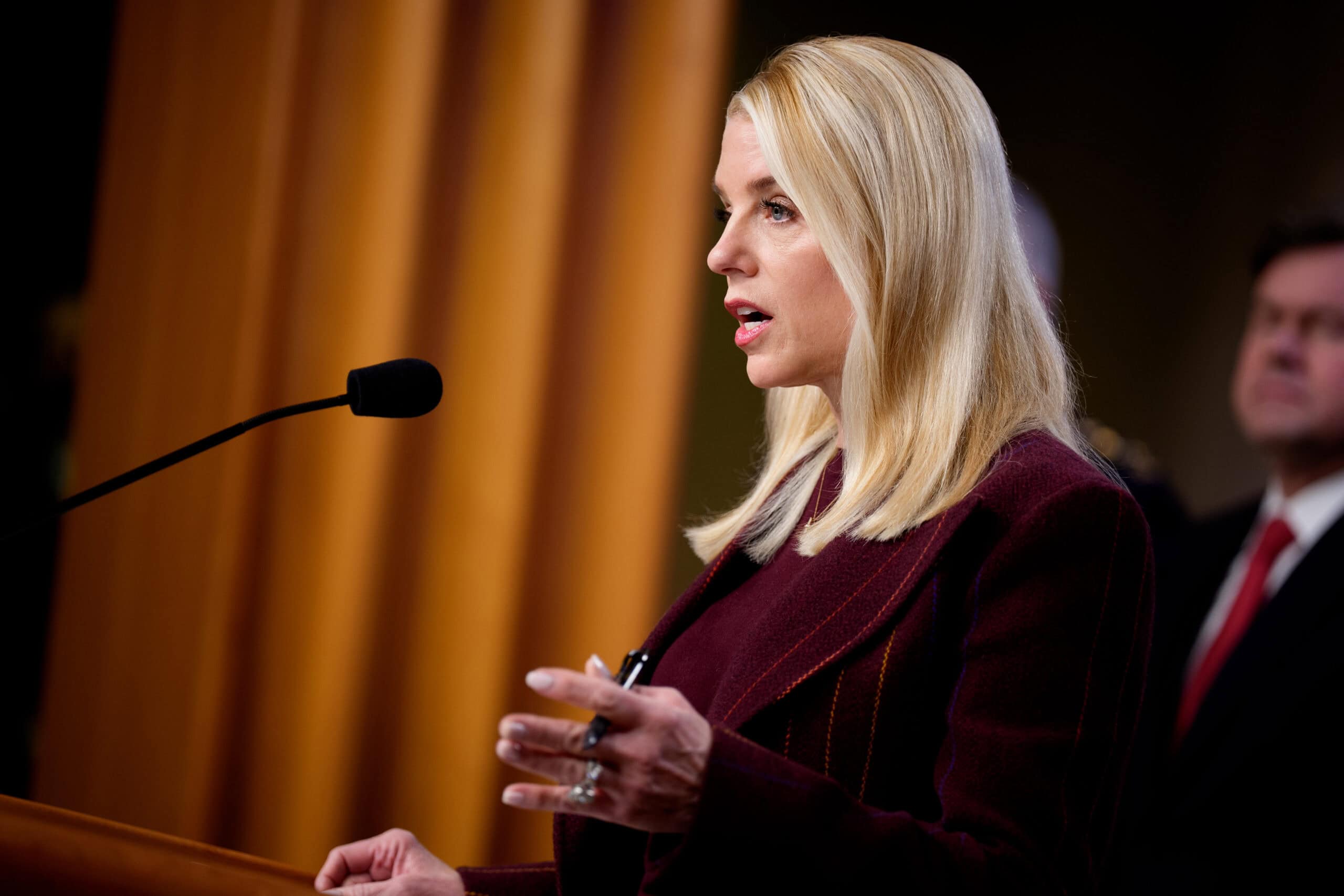University of Iowa Caught Discriminating Against Faith-Based Student Clubs For the Second Time

The University of Iowa (UI) has been called out for the second time this year by a federal court for discriminating against faith-based student clubs because of their leadership requirements.
In January, U.S. District Court Judge Stephanie Rose ruled that UI had violated the First Amendment rights of a student club called Business Leaders in Christ (BLinC) when it “deregistered” the club for requiring its members and leaders to adhere to the club’s statement of faith. Registered status is significant for the success of a student club because it confers the right to share in student activity fees, and this status confers the right to use campus venues and communication channels to advertise and hold its events.
Nine months later, it’s déjà vu all over again as Judge Rose recently ruled that UI violated the constitutional rights of InterVarsity, a faith-based student club with a 25-year history on the UI campus, because it required its leaders to affirm the group’s statement of faith.
This time, however, the judge imposed personal liability for the constitutional violations on the university officials who, with full knowledge of what the BLinC decision held, went and repeated their unconstitutional conduct, this time against InterVarsity. Usually government officials are immune from personal liability for actions taken within the scope of their official duties. That immunity, however, is lost when those officials engage in a clear violation of someone’s constitutional rights. Committing the same violation twice in one year was more than enough for the judge to hold school officials personally liable.
How, you might ask, could UI officials dare to commit the same offense within only a few months of the first one? Instead of loosening their politically correct grip on student clubs and allowing more freedom for student clubs, they decided instead to tighten their grip. Concluding that since the judge in BLinC was concerned about uneven enforcement of the rules against faith-based clubs, the school decided to force all clubs to strictly follow the leadership and membership rules. That effort was a bust as UI continued to grant exemptions to some clubs but not to others, and its efforts resulted in the same types of discrimination as before.
Judge Rose’s decision called out UI for its disparate treatment of InterVarsity:
“But whereas InterVarsity may not require or even encourage its leaders to subscribe to its faith, other RSOs (Registered Student Organizations) are free to limit membership and leadership based on the Human Rights Policy’s protected characteristics. The RSO Policy, on its face exempts fraternities and sororities from the Human Rights Policy so they may speak about gender. Categorically, sports clubs may speak about gender. Various other groups may express views on gender (Hawkapellas—Iowa and the Women in Science and Engineering Ambassadors), race (the Iowa Edge Student Organization), veteran status (Tau Sigma Military Dental Club), and creed (the Iowa National Lawyer’s Guild and ‘lots’ of other groups by either limiting or encouraging membership and leadership based on those characteristics. Some groups, such as Love Works, Zeta Beta Tau, and Pi Kappa Phi, can express their views on religion. This disparate treatment constitutes viewpoint discrimination against InterVarsity.”
UI’s action follows a pattern of constitutional violations seen around the country from other public and private colleges and universities in recent years.
Student clubs on campus are typically formed over a common interest, usually expressed in the group’s activities or message to the rest of the campus. It would seem obvious that such messages will be diluted if their leaders don’t subscribe to the group’s mission. Yet numerous colleges and universities stumble over this basic feature of student clubs – often targeting Christian groups – in a misguided effort to promote “equality.” The First Amendment is designed to promote a variety of viewpoints, not conform everyone to the government’s favored viewpoint.
It’s time that higher education learned this valuable lesson.
Photo by Tony Webster
ABOUT THE AUTHOR

Bruce Hausknecht, J.D., is an attorney who serves as Focus on the Family’s judicial analyst. He is responsible for research and analysis of legal and judicial issues related to Christians and the institution of the family, including First Amendment freedom of religion and free speech issues, judicial activism, marriage, homosexuality and pro-life matters. He also tracks legislation and laws affecting these issues. Prior to joining Focus in 2004, Hausknecht practiced law for 17 years in construction litigation and as an associate general counsel for a large ministry in Virginia. He was also an associate pastor at a church in Colorado Springs for seven years, primarily in worship music ministry. Hausknecht has provided legal analysis and commentary for top media outlets including CNN, ABC News, NBC News, CBS Radio, The New York Times, the Chicago Tribune, The Washington Post, The Washington Times, the Associated Press, the Los Angeles Times, The Wall Street Journal, the Boston Globe and BBC radio. He’s also a regular contributor to The Daily Citizen. He earned a bachelor’s degree in history from the University of Illinois and his J.D. from Northwestern University School of Law. Hausknecht has been married since 1981 and has three adult children, as well as three adorable grandkids. In his free time, Hausknecht loves getting creative with his camera and capturing stunning photographs of his adopted state of Colorado.
Related Posts

Pastor Son’s Trial and the Crisis in South Korea
January 22, 2026

Is Religious Faith Gaining Influence in America?
December 26, 2025


